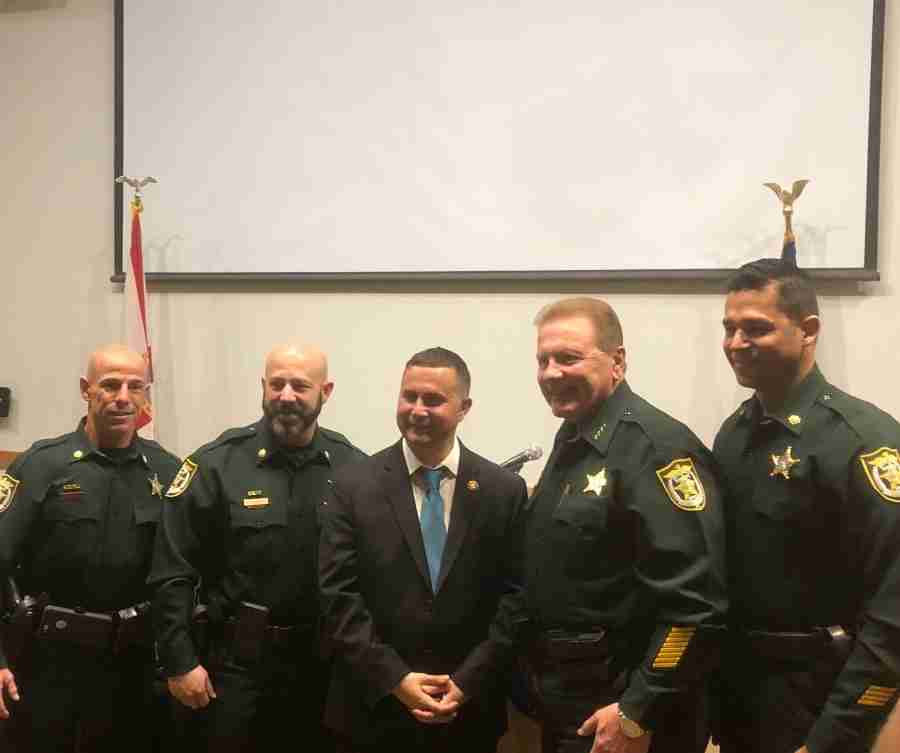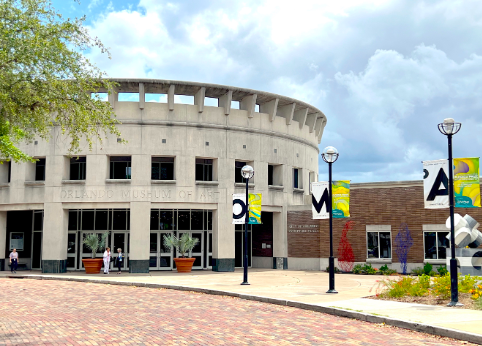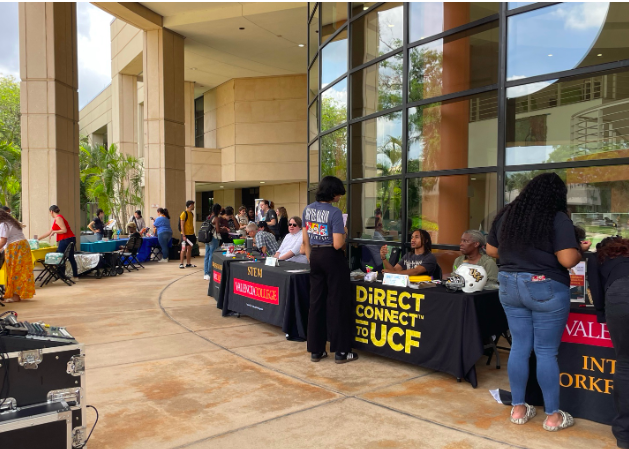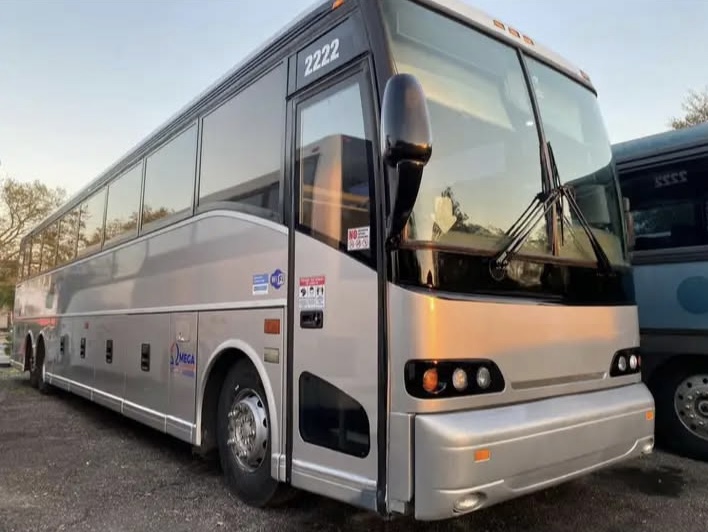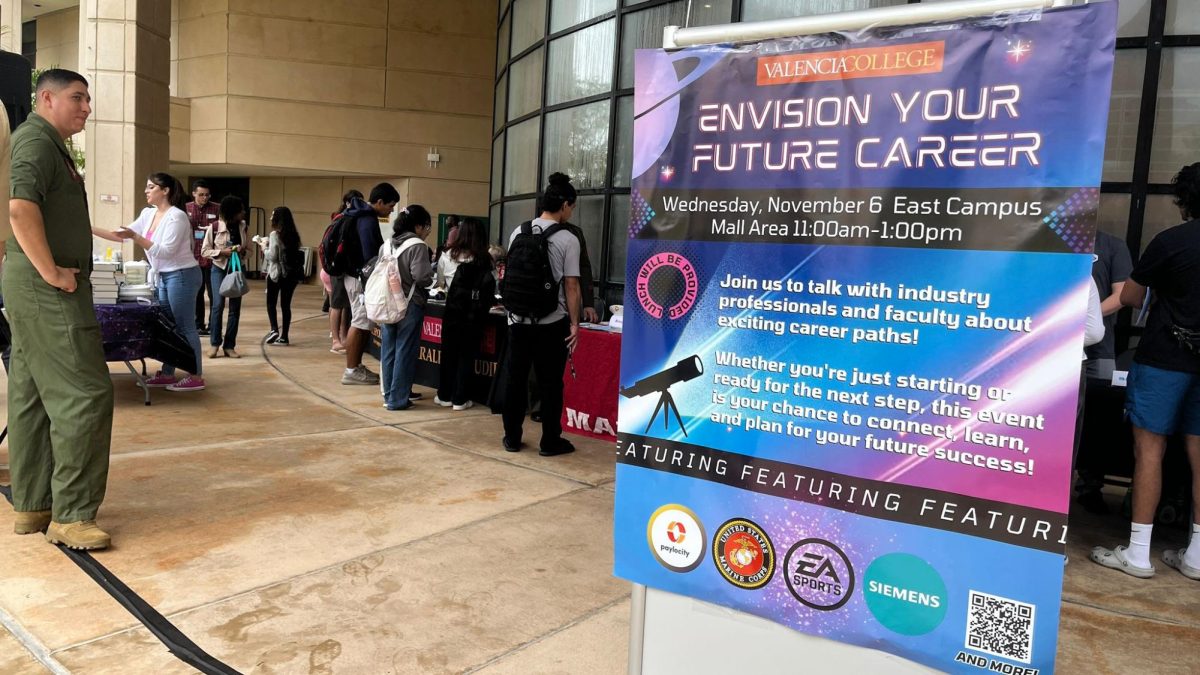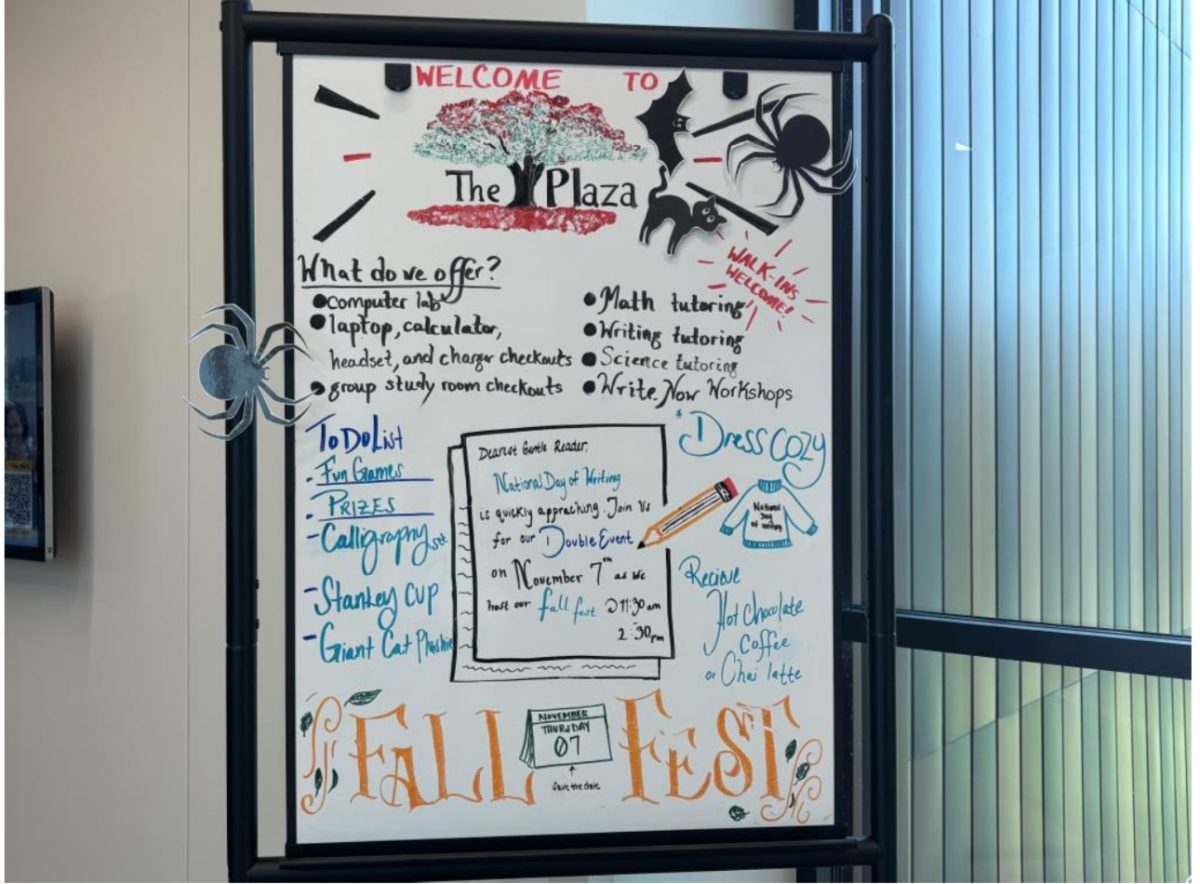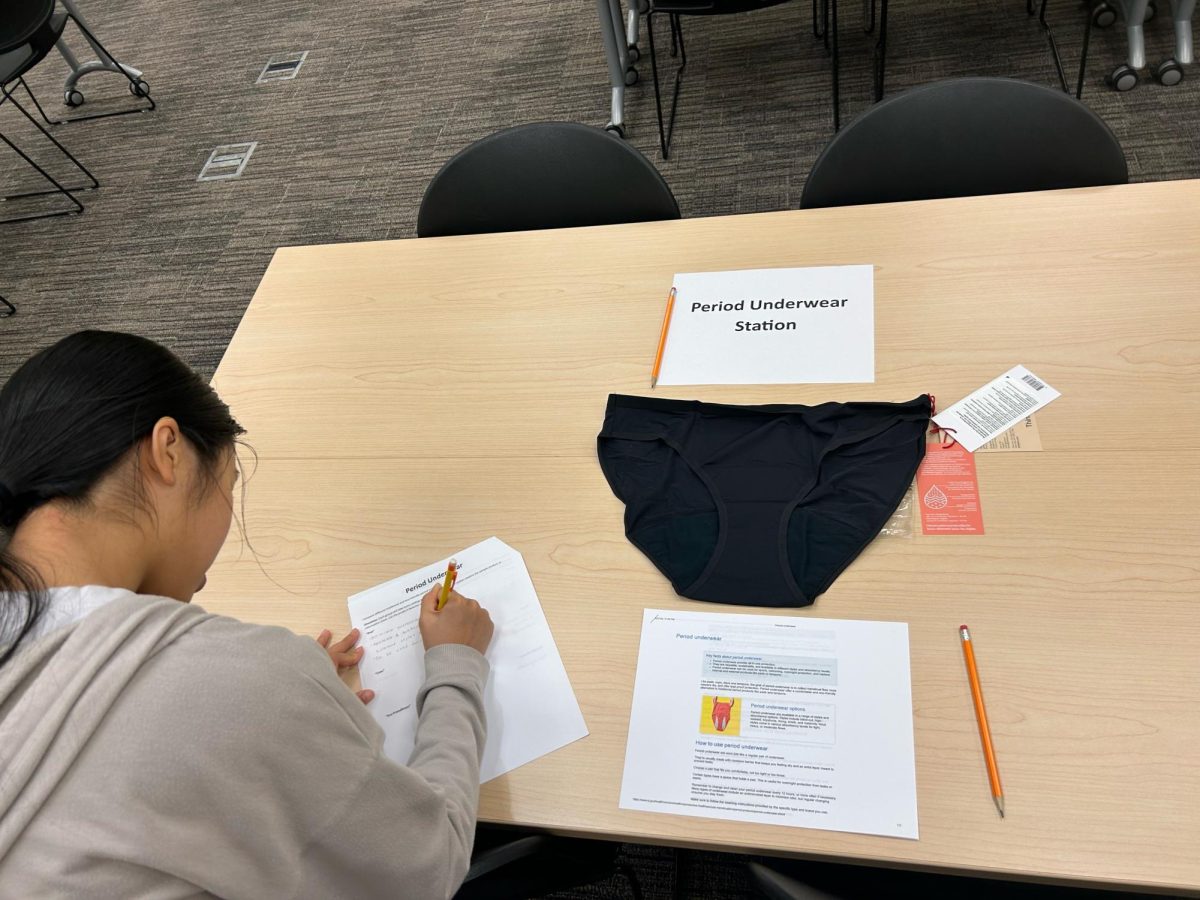Valencia College’s Osceola campus hosted a Town Hall meeting focused on Florida’s environmental issues on Saturday afternoon
Rep. Soto was joined by Eric Rollins, the Chair of the Florida Environmental Energy Advisory Committee, and Aliki Moncrief, the Executive Director of the Florida Conservation Voters. The three discussed their goals going forward and fielded questions from those that attended.
Among the topics discussed were Governor DeSantis’ (R) recent environmental initiatives, red tide and legislation to combat it, modernization of U.S infrastructure, the future for a carbon tax and the Green New Deal, and the FCV’s desire to see the $168 million dollars from the Volkswagen settlement invested in electric school buses for public schools.
Governor Desantis, just a few weeks into his first term, announced an extra $2.5 billion in environmental funding and a ban on oil fracking – which leaves advocates like Grant Lewis, the Central Florida Lead Organizer for the FCV, cautiously optimistic. “We want to see the Governor follow through on his promises,” said Lewis.“We don’t want him to point to Republican majorities in the state house and senate and say that his hands are tied.”
“[House Democrats] are going to be tackling climate change through infrastructure, through reduction of carbon, through enforcing the Clean Power Plan, and through enforcing the Paris Climate Accord,” said Rep. Soto to the Voice. “The big challenge will be working through the Senate and President Trump, who are not big fans of those things.
The Democrats won control of the U.S House of Representatives in November, while the GOP stills holds the Senate majority.
Brought up in the town hall was the Green New Deal, an ambitious, and sometimes vague, climate proposal popularized by progressives like New York Rep. Alexandria Ocasio-Cortez (D) – which calls for transitioning the U.S energy dependence away from fossil fuels, a carbon tax, and a federal jobs guarantee program.
There has been some concern on the left that a carbon tax would affect low-income households, and whether or not sweeping environmental legislation is realistic to be passed by both chambers of Congress.
Rep. Soto stated that “if pressed for [a carbon tax] today, I would vote for it,” bu
Also a concern at the forum was the ongoing algal bloom phenomenon called red tide, which lawmakers worry will harm Florida’s tourism industry and quality of life. There is a scientific consensus that red tide is occurs naturally, but can intensify and lengthen from human factors like rising ocean temperatures, agricultural runoff, and septic tank leakage.
In 2010, as a state senator, Rep. Soto supported a bill that would require septic tank owners to get them inspected every 5 years. This way, leakage could be prevented. After some public opposition, then-Governor Rick Scott vetoed the bill in 2012.
After Volkswagen’s $10 billion public settlement for lying about their diesel emissions, Florida’s slice is $166 million, which the state will use to lower emissions of nitrogen oxides. The FCV has expressed that they will fight for that money to go towards replacing the public school buses with a fleet of electric ones.
This comes as the Florida budget has a $223 million surplus, but Executive Director Moncrief warned against using this mentality to allow tax breaks.
“You don’t have a surplus if you don’t maintain basic need,” said Moncrief. “And it’s hard to say that Florida us meeting its basic needs.”
The town hall was also streamed on Facebook Live by the Congressman’s office.

